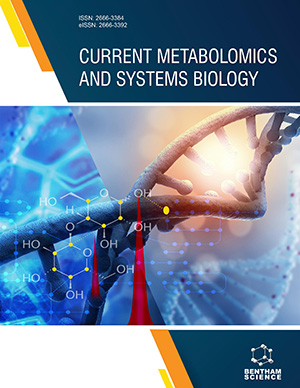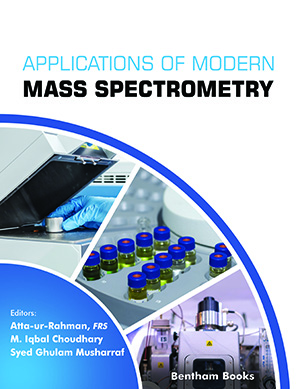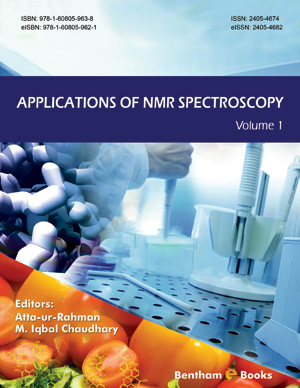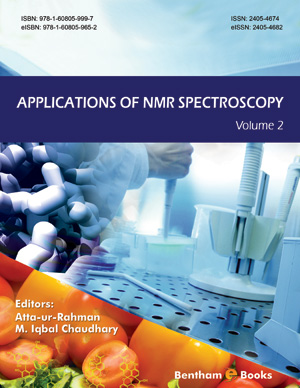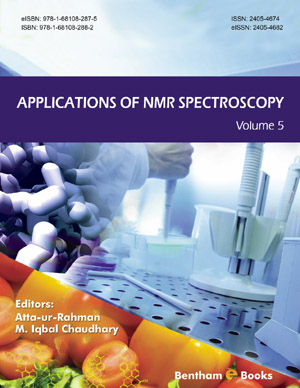Abstract
Catalytic reactions play a major role in industry to produce a number of compounds, which are essential in our daily life. These reactions cover synthesis of biofuels from bio waste, oil refining, cracking of hydrocarbons, hydrogenations, dehydrogenations, partial oxidations and fermentations. In surface catalysis, the catalytic reactions occur mainly on the surface, where number of steps involved are adsorption, diffusion and reaction on the surface and desorption of the products. Producing the target product with a high turnover number (TON) and turnover frequency (TOF) is a major challenge for surface catalysis. Recently, flow systems have been developed to produce high quality chemicals and reduce time and energy. In this direction, polymers, metal oxides like alumina and silica, metal nanoparticles of Pt, Pd, and carbon nanotubes (CNTs)have been modified (or treated)with various chiral ligands to synthesize highly active and enantioselective heterogeneous catalysts for the flow process. The aim of this review is to highlight the potential application of flow systems in heterogeneous catalysis. The unique combination of high levels of selectivity in heterogeneous systems together with ease of separation, purification and recyclability makes this heterogeneous system under flow conditions, one of the most promising strategies for the synthesis of fine chemicals on an industrial scale. This review focuses on the most representative examples of this emerging research field, highlights, and future perspectives of flow systems in heterogeneous catalysis. Recent achievements in this area using metal supported and self-supported organo catalysts are discussed.
Keywords: Asymmetric Catalysis, Flow Catalysis, Heterogeneous Catalysis, Supported Catalysts.







